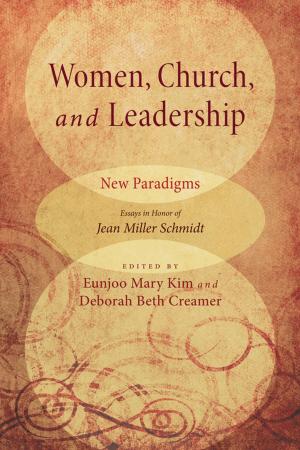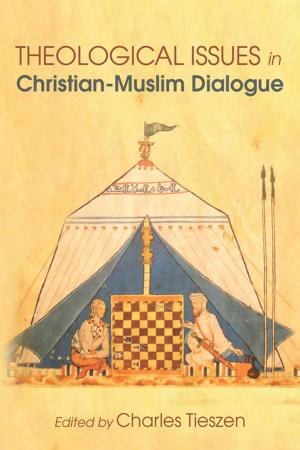Beyond Old and New Perspectives on Paul
Reflections on the Work of Douglas Campbell
Nonfiction, Religion & Spirituality| Author: | ISBN: | 9781630871888 | |
| Publisher: | Wipf and Stock Publishers | Publication: | May 5, 2014 |
| Imprint: | Cascade Books | Language: | English |
| Author: | |
| ISBN: | 9781630871888 |
| Publisher: | Wipf and Stock Publishers |
| Publication: | May 5, 2014 |
| Imprint: | Cascade Books |
| Language: | English |
New Testament studies are witnessing many exciting developments. And Douglas Campbell's groundbreaking publications are an important contribution to future discussions relating to Paul. Familiar problems relating to justification, old and new perspectives, and much more besides, have been tackled in fresh and exciting ways, setting down challenge after challenge to all those involved in Pauline studies. Campbell's publications therefore demand serious engagement. This book seeks to facilitate academic engagement with Campbell's work in a unique way. It contains numerous chapters critiquing his proposals, while others summarize the key themes succinctly. But it also contains Campbell's own response to the reception of his work, allowing him space to outline how his thinking has developed. In so doing, this work allows readers to be drawn into a vitally important conversation. It is academic theology in the making and constitutes the cutting edge of Pauline studies.
New Testament studies are witnessing many exciting developments. And Douglas Campbell's groundbreaking publications are an important contribution to future discussions relating to Paul. Familiar problems relating to justification, old and new perspectives, and much more besides, have been tackled in fresh and exciting ways, setting down challenge after challenge to all those involved in Pauline studies. Campbell's publications therefore demand serious engagement. This book seeks to facilitate academic engagement with Campbell's work in a unique way. It contains numerous chapters critiquing his proposals, while others summarize the key themes succinctly. But it also contains Campbell's own response to the reception of his work, allowing him space to outline how his thinking has developed. In so doing, this work allows readers to be drawn into a vitally important conversation. It is academic theology in the making and constitutes the cutting edge of Pauline studies.















